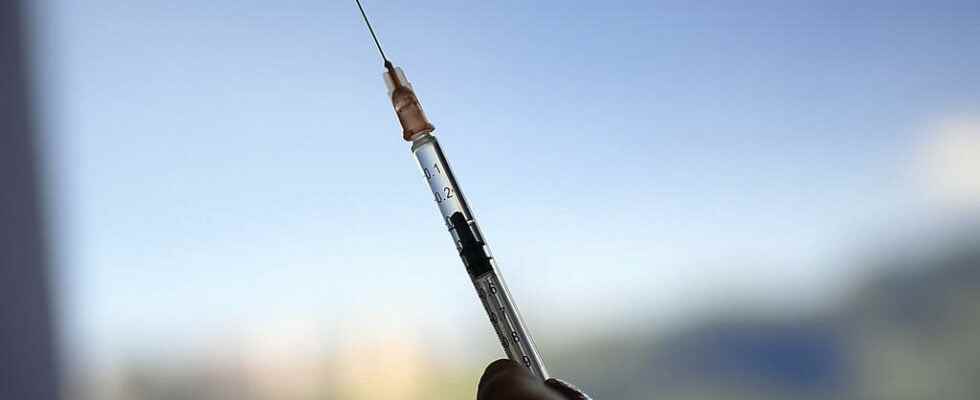It’s a real change of tone: a year after the launch with great fanfare of the Sputnik V vaccine, Russia explained this Tuesday, December 14 that it had misunderstood the demands of the World Health Organization (WHO) when it came to providing the documentation to have your vaccines certified against Covid-19. Moscow says it is getting down to it.
With our correspondent in Moscow, Anissa El Jabri
It was the very first vaccine available in the world, from the summer of 2020, and the pride of Russia, a geopolitical weapon as well.
Recognition of its effectiveness by the prestigious British newspaper The Lancet, sales to ten countries, and then almost nothing.
Validation by the European Medicines Agency (EMA) and the World Health Organization (WHO) is still pending.
Whose fault is it ? Kremlin spokesman Dimitry Peskov makes amends on behalf of his country, the Russian Federation. In question, he says: ” different standards “.
There is work in progress on what information to provide for certification that we have not yet provided as we had a different understanding of what to convey and how to do it. We have different standards. Therefore, we gradually adapt to these requirements, they apply to everyone. We hope for a positive result
No foreign vaccine against Covid is approved in Russia. But here too, the country opens the door a crack. The Deputy Prime Minister raised the possibility of a health pass for those vaccinated with foreign products, subject to a positive test for the presence of antibodies.
►Read again: With the end of the “travel ban”, all WHO-approved vaccines accepted in the United States
This is the first time that the Kremlin recognizes Russian responsibility. What arouse irony among supporters of Alexeï Navalny: ” The others managed to understand what the WHO was asking them, only our people do not understand One of them wrote on Twitter.
According to the benchmark count of the Gogov website, 42.2% of the Russian population is currently vaccinated against this disease.
►Read again: Putin and Xi demand mutual recognition of vaccines
